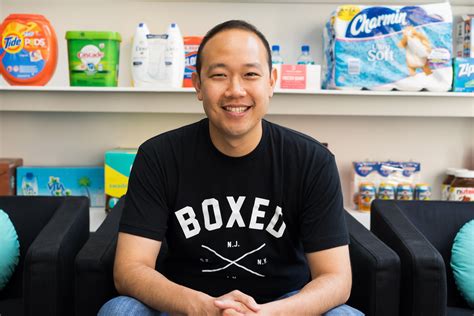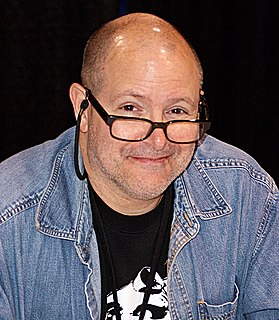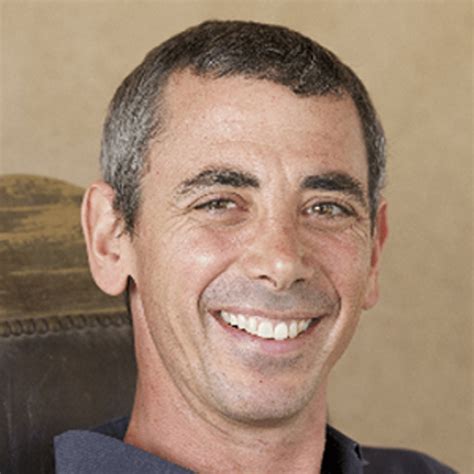A Quote by Walter Isaacson
On Startups: "I hate it when people call themselves "entrepreneurs" when what they're really trying to do is launch a startup and then sell or go public, so they can cash in and move on.
Related Quotes
There are two companies that the AI Fund has invested in - Woebot and Landing AI - and the AI Fund has a number of internal teams working on new projects. We usually bring in people as employees, work with them to turn ideas into startups, then have the entrepreneurs go into the startup as founders.
Generally speaking, experience counts for something. So you'd expect entrepreneurs who've been through the ups and downs of a tech startup to have an advantage over the newcomers. Or at least have an equal chance at success. But in fact the opposite may be true. A number of venture capitalists I've spoken with have said that too many "old guard" entrepreneurs are not being bold enough in their business decisions, and it's hurting their startups.
As a kid growing up, I really hated being alone. I was always that kid that was like, 'Do you want to hang out? Let's go to the mall. Let's go to the movies. Let's go to the park.' I would call people and call people and call people. If I was alone when I wasn't at school, then there was something wrong.





































